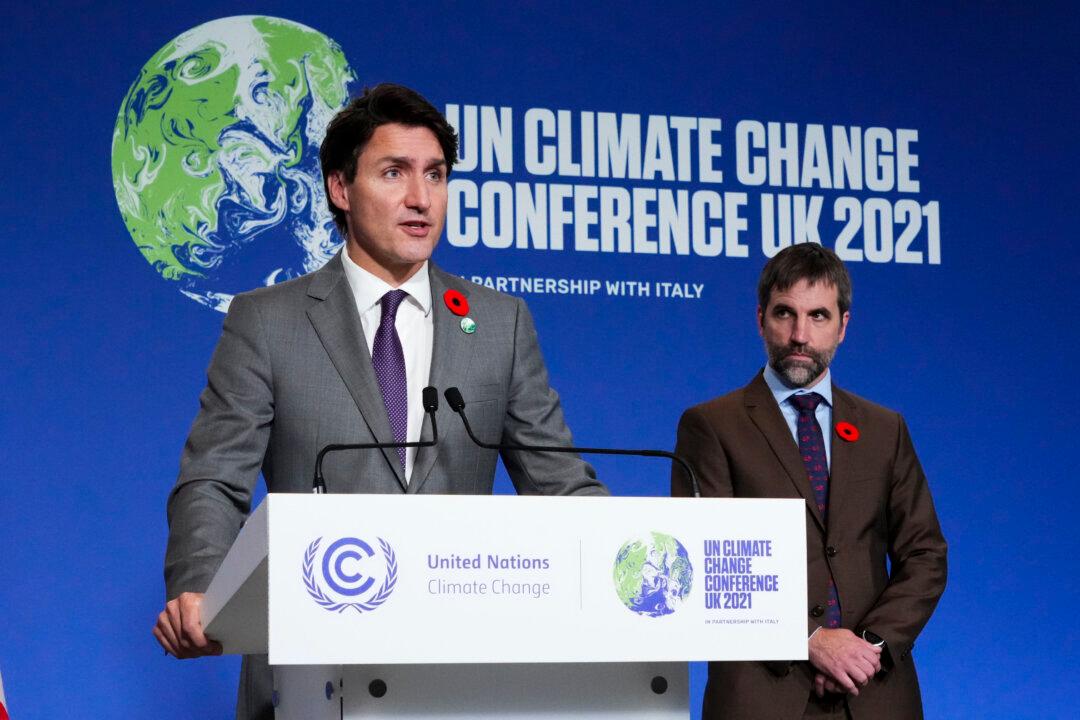Environment and Climate Change Minister Steven Guilbeault says the carbon tax will see Canadian households pay more on average, even after rebates, while asserting that “the average” calculation does not reflect the whole picture.
“If you do the average, yeah, it’s true, it’s going to cost more money to people, but the people who are paying are the richest among us, which is exactly how the system was designed,” he said in an interview with CTV’s Question Period, which aired on April 2.





